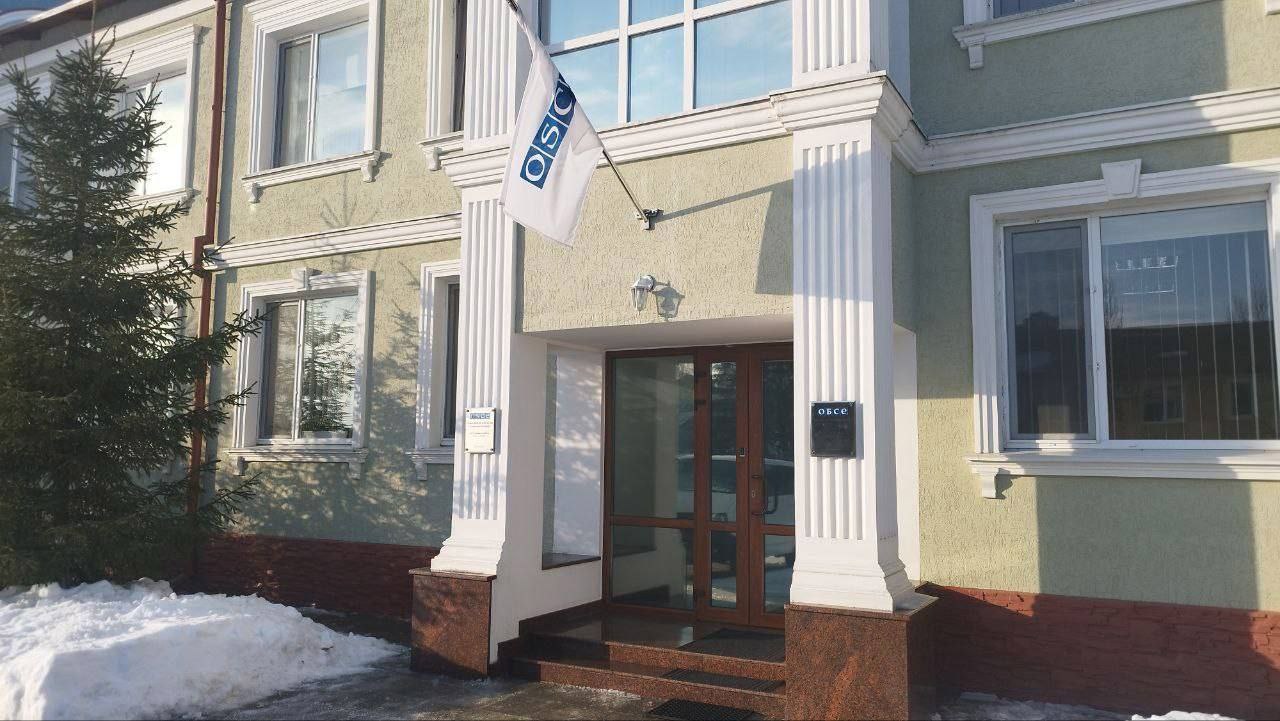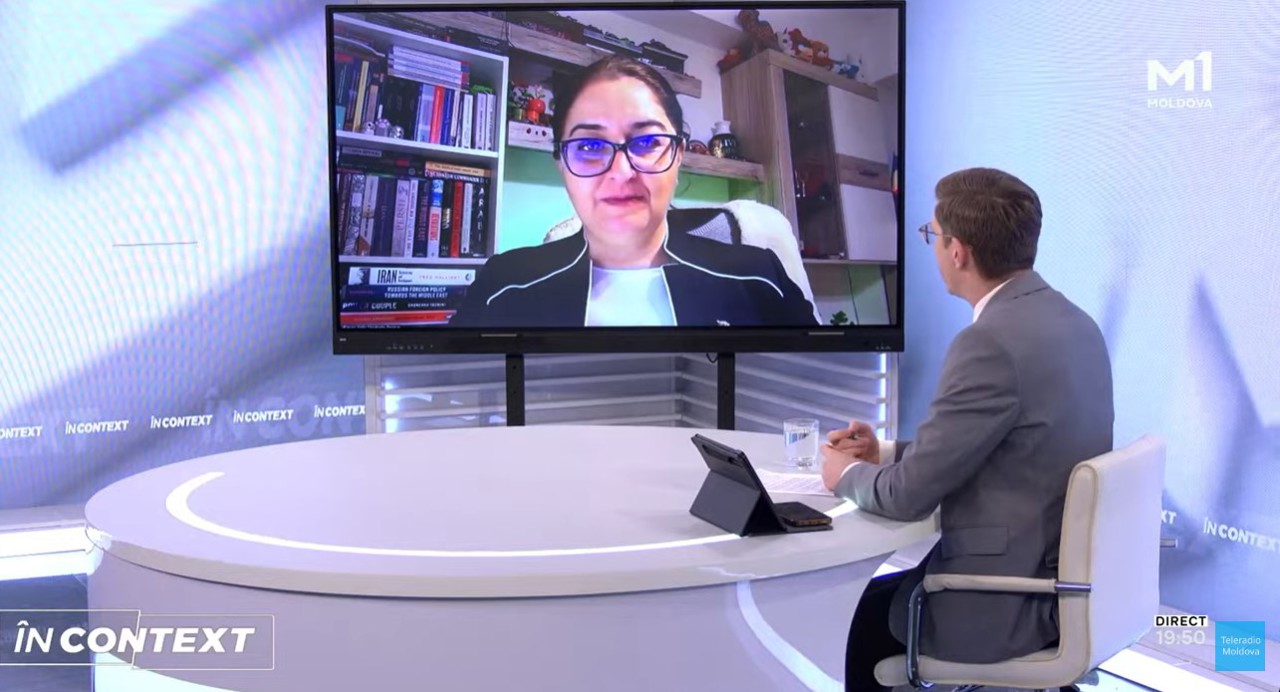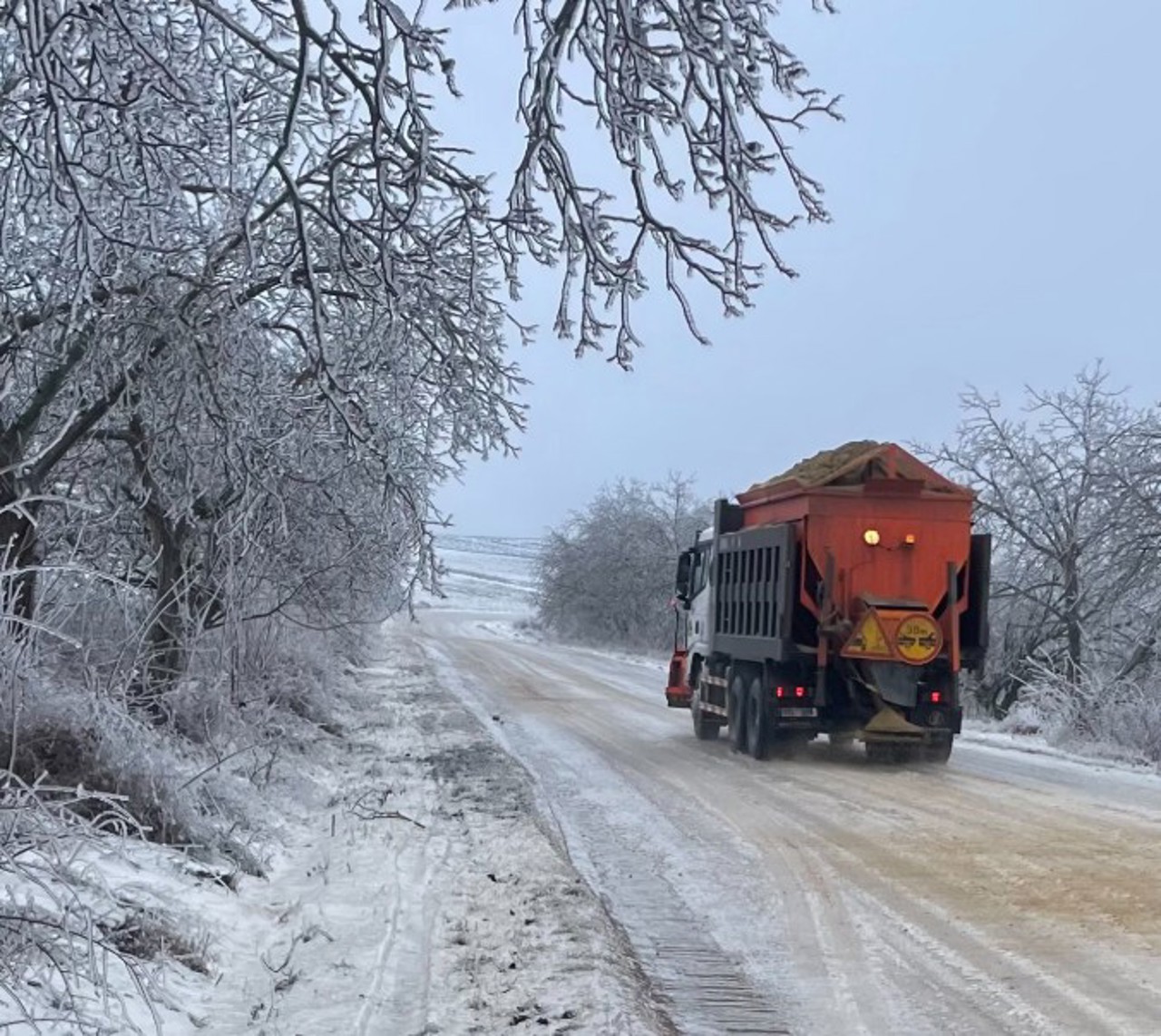Diplomatic discourse: Resolving Dniester river strife
In a pivotal gathering on January 17, representatives from Moldova and the breakaway region of Transnistria convened for their first working meeting of 2024, aiming to delve into the intricacies of resolving the long-standing conflict.

Deputy Prime Minister Oleg Serebrian spearheaded the Moldovan delegation, while the Transnistrian contingent was under the guidance of Vitali Ignatiev.
Expressing unwavering commitment to a peaceful resolution, Serebrian emphasised the imperative of addressing urgent concerns affecting residents on both banks of the Dniester River. These concerns encompassed circumventing unilateral and discriminatory actions against farmers in the Dubasari district, Romanian-language schools, and public officials within the security zone.
Serebrian underscored that Moldova's stance on the Customs Code remained unaltered, emphasising the code's functionality. However, he maintained that conducive conditions must be established for businesses on both sides of the river to operate smoothly.
In response, Ignatiev reported that the discussions were detailed, yet definitive solutions remained elusive. He noted the absence of a clear Moldovan position but acknowledged some indications that the matter would be addressed.
The talks also delved into Transnistria's decision to revoke the preferential customs regime for farmers in the Dubasari district, specifically those with agricultural land beyond the Rîbnița-Tiraspol road. Under this decision, farmers are obliged to contribute taxes to the budget of the left bank of the Dniester.
This meeting unfolded against the backdrop of Tiraspol's series of decisions in response to the enactment of Moldova's new Customs Code on January 1. The code mandates all economic entities, including those in Transnistria, to adhere to general customs duty principles, considering preferences granted in accordance with international treaties and agreements involving Moldova.
Translation by Iurie Tataru





